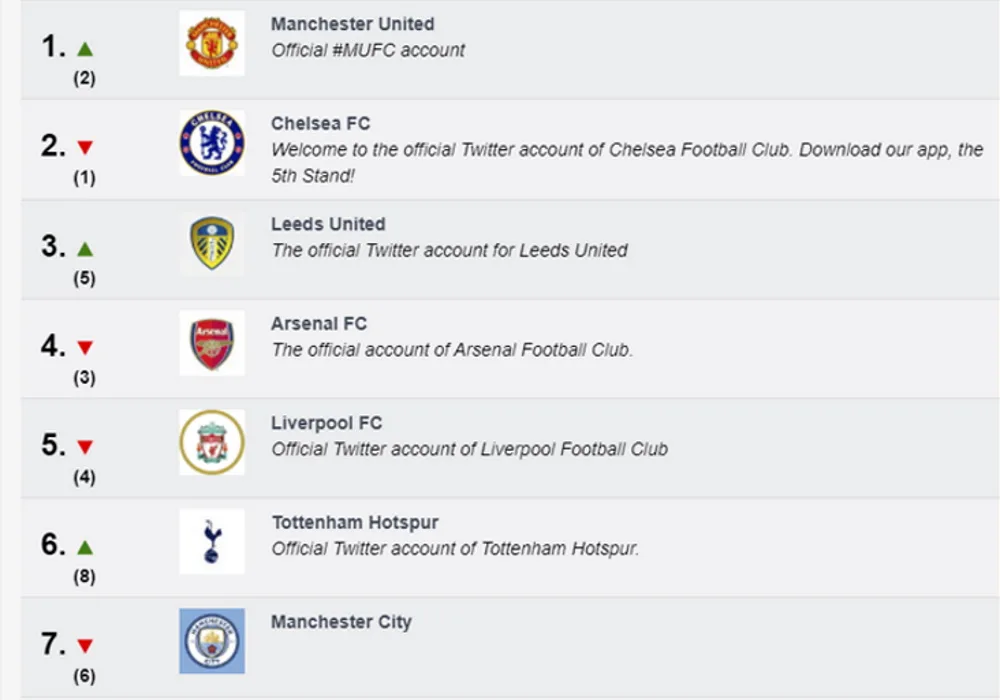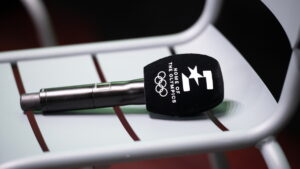By Brad Rees, Mediacells CEO
Over the last few weeks, football fans have been acknowledged as the empowered victors and spontaneous architects behind the collapse of the short-lived European Super League.
Mainstream and social media lamented and lambasted the surprise announcement of a schism in European football, the newly-created and soon to be desecrated, European Super League or ESL.
The controversial breakaway tournament was announced late on Sunday 18 April and by Tuesday 20 April, the ESL was in freefall after nine of the 12 participating clubs – including all of the Premier League’s Big Six – withdrew, following an incredible fan backlash.
Insights from the global social listening platforms indicated 75% of negative sentiment towards #ESL and when Mediacells analysts delved into the quarter of so-called positive posts, most comprised ironic memes, sarcastic salutations and gallows humour from football fans.
There is a stronger indicator of the #ESL mood music on transactional platforms, like Wholesale Clearance UK where ‘new era’ Super League ‘fan shirts’ had shifted in price-point per unit from £30 to £2, six days after the initial announcement.
The richest seam of true sentiment is evident in fan reactions and interactions with Club statements across the biggest European football leagues and associations.
There were contrasting fan reactions depending on the interpretation of club statements as nine of the 12 teams withdrew. For many fans there were displays of relief and, in a much smaller cohort, there was gratitude.
Clubs who didn’t issue the necessary hand-wringing apologies were lambasted by home and rival fans, who directed under-apologising clubs to user-generated set pieces on how best to deliver a corporate communications message.
There was a generous helping of schadenfreude from the football family, not least of all from the Bundesliga’s biggest club FC Bayern Munich: “FC Bayern sagt Nein zur Super League [FC Bayern says no to the Super League]”
Premier League club Everton issued a statement from the board which adopted a ‘saddened and disappointed’ tone around proposals of the breakaway league.
Non-participating Leeds United rolled out a message, quite literally, in the stands at Elland Road urging teams to ‘Earn it on the pitch. Football is for the fans.‘ Within seconds of the post reaching Twitter there was a reminder from @ScouseUK about a 2018 London Times article, headlined, “Championship clubs led by Leeds and Derby threaten EFL breakaway in row over TV rights.” An EFL Fan never forgets.
Players past and present joined the #ESL conversation with Gary Neville leading the charge with a raw and emotional release on Sky Sports, followed by a more measured response from three-times European Cup winner Graeme Souness, who called for empathy for the fans when considering punishing the breakaway clubs.
Fellow Red John Barnes was less circumspect when he unleashed an almost Marxist dialectic on an unsuspecting TalkSport audience, stating a ‘power struggle between elite groups to exploit the fans … it’s just a question of who is going to exploit them.’
Still with Liverpool, 23 players, led by captain Jordan Henderson, posted a collective position, ‘We don’t like it and we don’t want it to happen … our commitment to this football club and its supporters is absolute and unconditional’. The collective sentiment attracted nearly as many engagements as the nine withdrawing club statements combined.
An influencer trend is developing with some velocity, the professional football fan. Disparate Premier League audiences are gathering around slick, media-equipped independent voices surrounding the big clubs which is shifting the influence ever-further away from traditional media owners.
Robbie ‘Don’ Lyle, pioneer of AFTV, ‘the world’s Number 1 football fan channel for Arsenal Fans’, was invited onto Ray Parlour’s TalkSport show on Friday morning to talk about Arsenal owner Stan Kroenke’s position following on from the Gunners’ initial involvement in the European Super League.
The talk show anchor and Arsenal legend Ray Parlour accused the AFTV 1.3 million-strong subscriber channel of wanting Arsenal to lose ‘to get more hits on YouTube’. The quaint ‘hits’ exchange sensationalised the otherwise pedestrian debate and the bust-up travelled far across social and digital media.
There is a proliferation of professional fan channels in the Premier League and, according to US betting company American Gambler, they are growing fast. Unofficial Manchester United, Spurs and Chelsea channels are showing the most bullish growth in this arena – perhaps this is where the future of fan power resides.
There was a lighter note to the #ESL debacle, however. When founding member of the 1888 Football League, Wolverhampton Wanderers, joined the conversation they used fan engagement power tool Admin Banter* to inject hilarity into an otherwise solemn tone.
The West Midlands club posted a reimagined 2018/19 Premier League table with the Big Six #ESL clubs in absentia – the hypothetical statistical outcome leverages Wolves as ‘Premier League Champions’ of the season.
Southampton, a club with form as an Admin Banter, followed suit by imagining themselves as the 2014/15 champions who ‘would like to extend our congratulations to you (Wolves)’. The Wanderers responded quite simple with ‘Classy touch.’
*The club social media manager / moderator aka Admin deploys a skilful editorial voice, sometimes irreverently.
Club Social is a Fan Engagement monitor for sports clubs and brands who want to enhance their social performance.
Engagements for a single post are a sum of the native Twitter metrics: Likes + shares (retweets).










